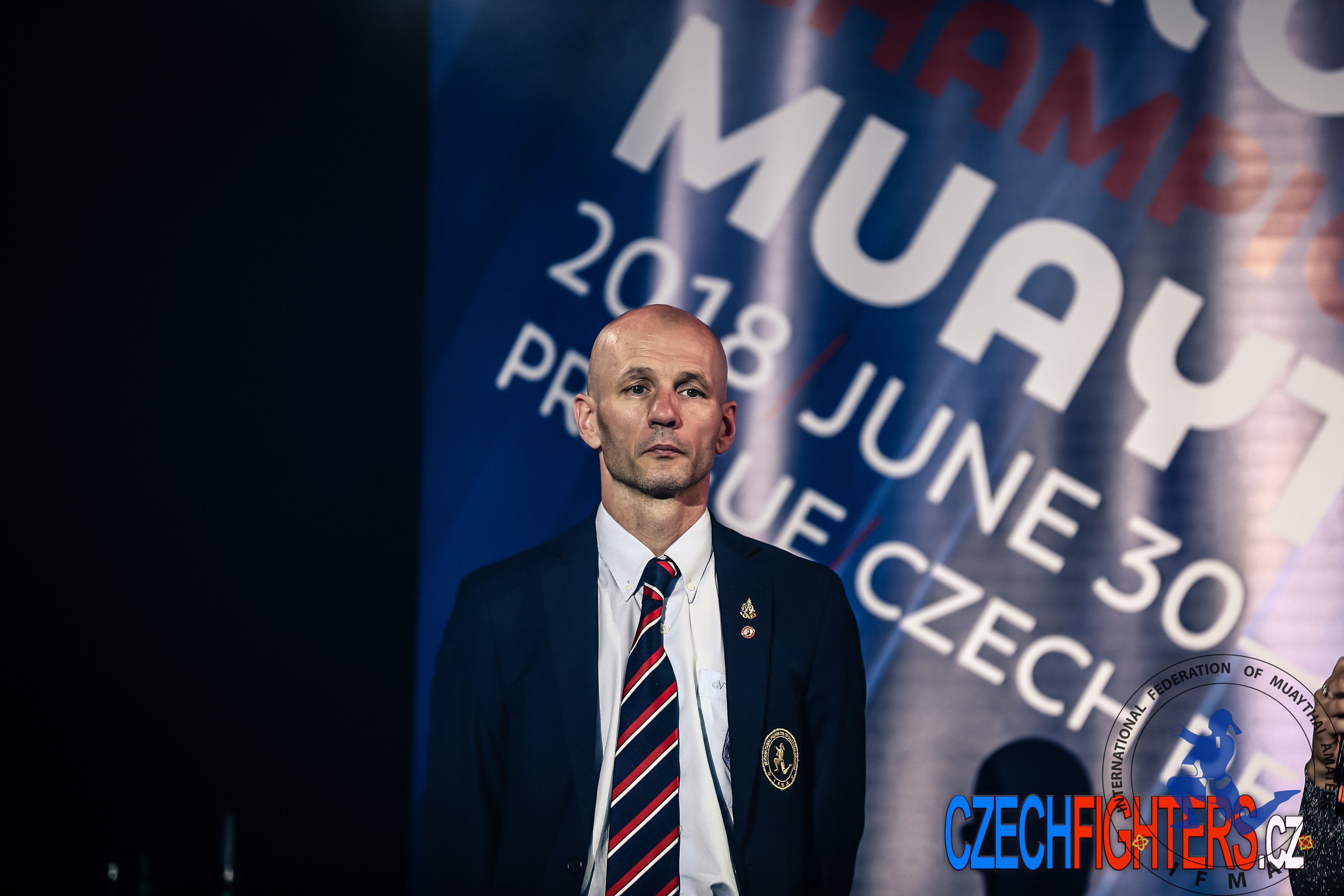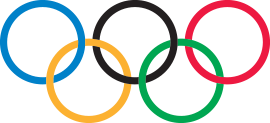
During a muaythai bout, the focus is naturally on the two athletes. But of course there is a third person; the referee. Ensuring fair play and safety for all as they go for gold.
The IFMA value system balances on five pillars: respect, honour, fair-play, excellence and tradition. The referee is most visible in the ring, but their role extends beyond that as they work with other officials to support this system, and most importantly guarantee safety for every athlete. And as judges they guarantee fair decisions.
Gunter Plank from Austria is the Head Referee for the European Muaythai Federation. Like the majority of IFMA referees, he started his muaythai career as an athlete. His interest in refereeing was first sparked by attending a training course to improve his understanding of the rules as an athlete in the 1990s – only to discover a life-long passion for the technical side of muaythai.
He says: “I realised then the athletes’ view and the referees’ view should be an integral part of each in the ring. Now I can promote and support muaythai in this way, with understanding of both positions.”
The path to becoming a muaythai referee at the gold medal bout in a World Championships is a long one, involving a steady accumulation of experience and training. IFMA rules for amateur athletes and referees are strict, knowing who is the winner is not left to ‘instinct’ but requires understanding a clear points system.
Initial training is at national level. All IFMA federations run training seminars and workshops on a regular basis. These are open to everyone from the novice referee to experienced people looking to refresh their understanding.
The next step is to referee at smaller international events. In the initial stages young referees sometimes only take part in activities outside the ring until their mentors are sure they are ready for ring-work. Experience at this level is needed to be considered for continental level championships, and again that is a requirement before being considered for World Championships.

Gunter says: “The referee has to be absolutely sure of the rules, they must have no physical limitations and must be fit. They must understand that their role is to protect the fighters and pay close attention to their health in the ring and outside of it. They should of course train in muaythai, and if possible they should have competed themselves in the past.”
New referees are always encouraged, both men and women always needed for the different bouts. One of the most experienced referees is Natasha Kogan (Ukraine), a great role-model for new entrants to the profession.
Referees are the first to see the athletes every day, running daily weigh-ins and checks. They work closely with the medics to ensure no-one is dehydrated or trying to hide an injury from a bout earlier in the week.
The Head referee works with the Technical Delegate at each event and supervises inclusion of information to the IFMALive online system. This website gives fans and athletes direct access to information and results of the bouts as they happen so everything must be correct.
Gunter says: “Being a referee is not just about standing in the ring. There are no friends in the ring for referees, there are only two fighters – the red and the blue corner. The winner comes from who is the better athlete on the day and the referee is not part of this decision. We must be fair and neutral.”







